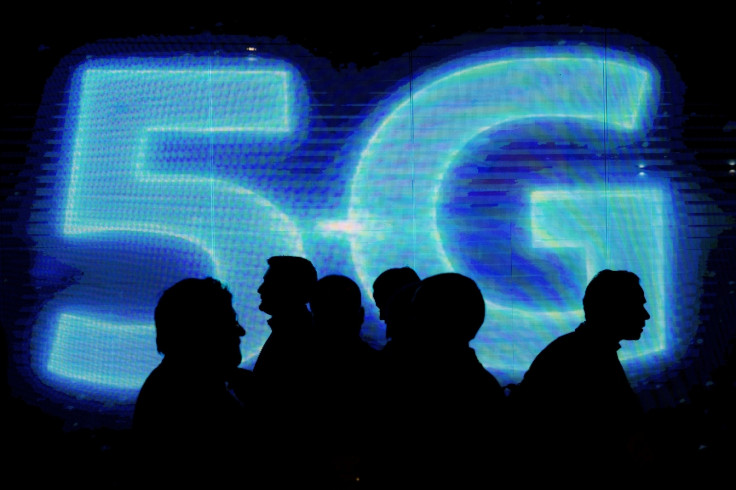5G and 4G services to improve after UK regulators fully clear 700 MHz spectrum band
This was a major undertaking that reportedly took four years at a staggering cost of £350 million to establish the infrastructure to support it.
Despite what network operators might claim, mobile internet speeds are not as reliable as before. Depending on the location or probably the time, some users might experience excellent connectivity. However, most of the time, the performance is not what the standards subscribers expect from modern service. In the United Kingdom, that might soon change as the government has approved the use of the 700 MHz wireless spectrum to improve the country's LTE and 5G quality.
This was a major undertaking that reportedly took four years at a staggering cost of £350 million to establish the infrastructure to support it. Amid the pandemic, the demand for high-speed internet and telecommunications have skyrocketed as people followed directives for social distancing. Moreover, a huge number of businesses now require their employees to work from home instead.
Now that the 700 MHz spectrum band is no longer restricted, experts claim it will allow network operators to expand coverage even in rural areas. Nevertheless, the most interesting aspect of it all is the distribution of 5G technology. ComputerWeekly reports that the government's roadmap shows at least 95 percent of the country will benefit from high-quality LTE coverage by 2025.
Digital infrastructure minister Matt Warman said, "The smooth and successful completion of this massive infrastructure project ahead of schedule and under budget is a huge testament to the collaborative efforts of our partners. We have overseen a quiet revolution in the airwaves, which will lead to better mobile coverage for rural communities and unlock new ways for 5G to boost business productivity and improve people's lives."
With the framework in place, this would make it easier for mobile networks to activate 5G services in more areas. Previously, the 700 MHz spectrum band was shared by professional radio microphones for music studios, digital terrestrial TV broadcasts, and more. Now, it will be exclusively used by mobile devices moving forward.

This was accomplished with the help of approximately 1,000 workers from various organisations. These include Digital Mobile Spectrum, Arqiva, Digital UK, and Ofcom. More than two million hours were collectively spent by all those involved to ensure the 700 MHz spectrum band is fully cleared and ready.
© Copyright IBTimes 2025. All rights reserved.





















